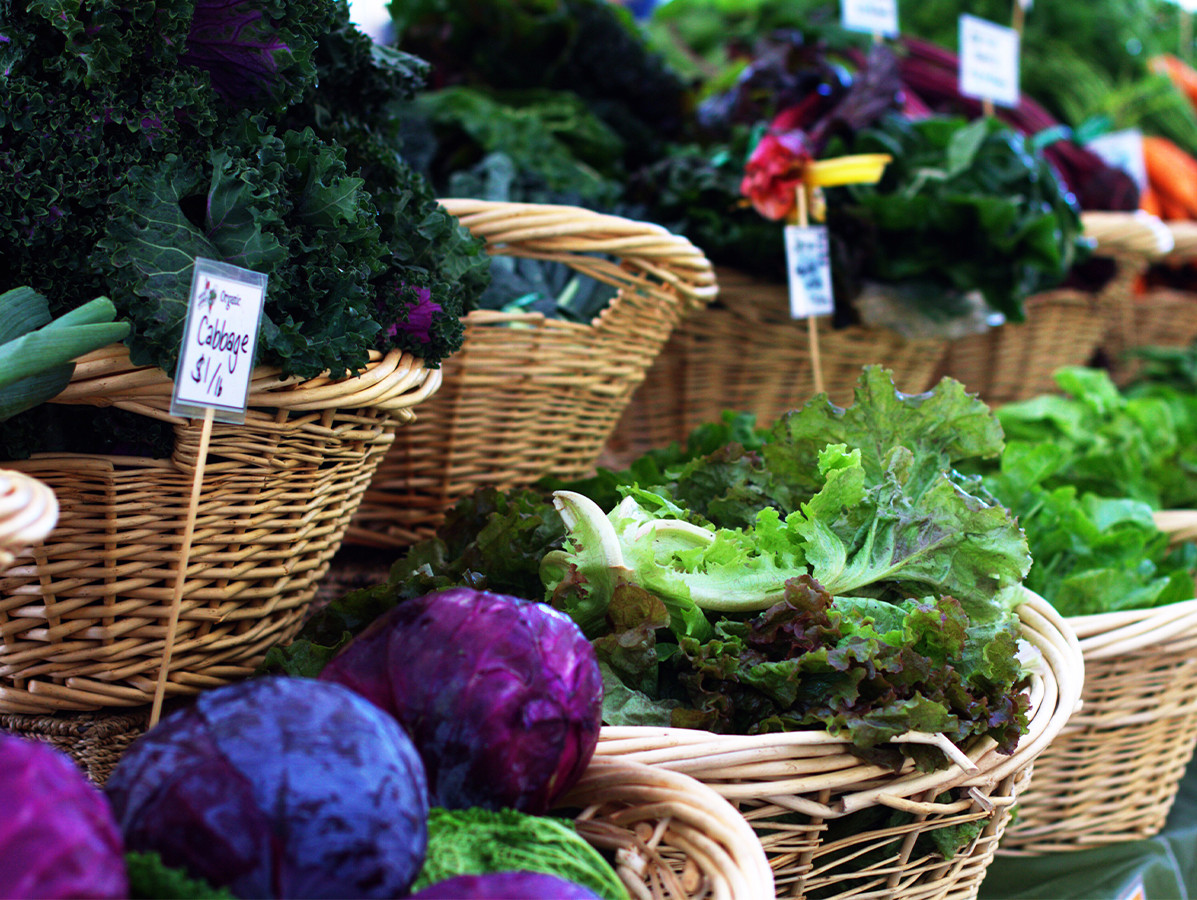
In a further elaboration on the Farm to Fork strategy of Euro-commissioner Frans Timmermans, the Commission states that the acreage of organic farmland should increase from the current 8.5 per cent to 25 per cent by 2030. An increased range of organic foods in schools and government buildings, more subsidies for farmers willing to transition, and more commercials for organic food. These are the measures the European Commission launches to stimulate organic farming. Moreover, the EU wants to lower sales taxes on organic products and hand out “bio-cheques” to low-income citizens.
In the Netherlands, only 3.7 per cent of the soil is used for organic farming. Wijnand Sukkel, an agro-ecology researcher at WUR: “The plan aims to not just increase the supply of organic products, but also the demand. This is excellent. Over twenty years ago, the Dutch government stimulated farmers to switch to organic without boosting the demand. This resulted in an excess supply and lower prices for the organic farmers.”
To stimulate the demand for organic products, the price difference between organic and regular products should be drastically reduced, Sukkel thinks. “The production cost of organic products is often over 30 per cent higher for farmers, compared to the regular product. Merely lowering the sales tax is not enough. I think we should reward farmers for ecosystem services such as stimulating biodiversity.” Sukkel feels that a 25 per cent share of organic farming in the Netherlands by 2030 is unrealistic.
The Netherlands is an agricultural export country, which means that it is particularly relevant how the demand for ecological products develops in other EU countries as a result of these measures. In Germany, for example, there is a growing “eat local” trend, with local organic products on the rise, in spite of their higher prices. Dutch producers do not benefit from this increased demand.
Sukkel says that in its efforts to increase the sustainability of agriculture, the EU should not focus exclusively on organic farming. “I think we should adopt a broader perspective on the transition towards more sustainable forms of agriculture. Agriculture with a high level of biodiversity, a high resilience against climate change, diseases and plagues, and that does not deplete our resources. Organic farming has an advantage in that respect, but there are still steps to be taken.”
Source: Wageningen Resource